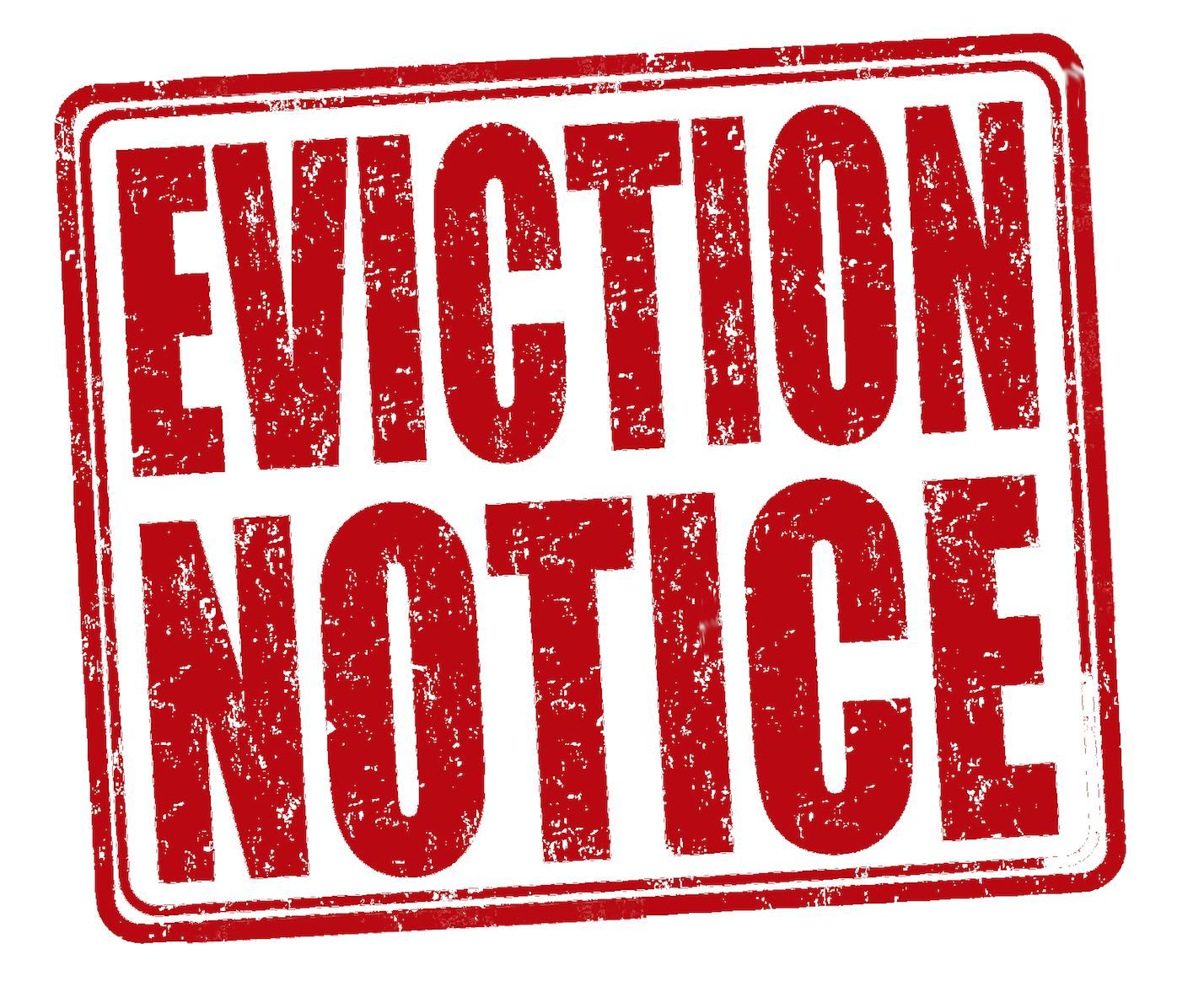Food insecurity is a common issue among Sinclair College students. To answer the problem of food insecurity, Sinclair implemented its lunch program and food pantry.
But have you thought about other issues that some students face? Housing insecurity is one.
The nonprofit Partnering For Change defines housing insecurity as “High housing costs in relation to income, poor housing quality (substandard housing), overcrowding, sub families, (shared housing with another family) residential mobility and homelessness.”
The Association of Community College Trustees (ACCT) reported that 13 percent of undergraduates experience homelessness. Inspired by those numbers, sociology professors Dr. Kathy Rowell and Amaha Sellassie decided to study the effects that housing insecurity has on students.
Their hypothesis is that housing insecurity may severely affect the performance of Sinclair students, and has an overall impact of their education.
“As faculty members, Kathy and I have spoken to numerous students who have experienced either evictions, extended couch surfing or homelessness while simultaneously striving to complete their education and any family responsibilities,” said Sellassie.
In the Sociology of American Cities class, students focus on the socioeconomic evolution and growth of urban and suburban cities. The class is preparing to interview students who have faced housing insecurity while enrolled at Sinclair.
“Research shows that evictions affect family stability, access to food, ability to maintain a job, and increased stress. All of which hinders someone’s ability to attend class and succeed in school,” said Sellassie.
The professors hope to gain insight into those students’ experience, and how their education is affected. They also hope to better understand forms of support that work, which Sinclair can provide to students to better support them as they attain their education goals.
Sociology of American Cities is currently searching for students who would like to speak about their experience. Participants will remain anonymous, even to Sinclair’s faculty and staff.
The goal for this project is to assist Sinclair in becoming aware of the issue of housing insecurity, and recognizing that it is as much of a problem as food insecurity. The class hopes to increase awareness of resources that are already available on campus. They also want to explore resources that may be used at other colleges, but not yet at Sinclair.
If you or someone you know have faced housing insecurity while attending Sinclair and would like to participate in this study anonymously, please email Dr. Rowell at katherine.rowell@sinclair.edu.
Luiza Mota
Contributing Writer

